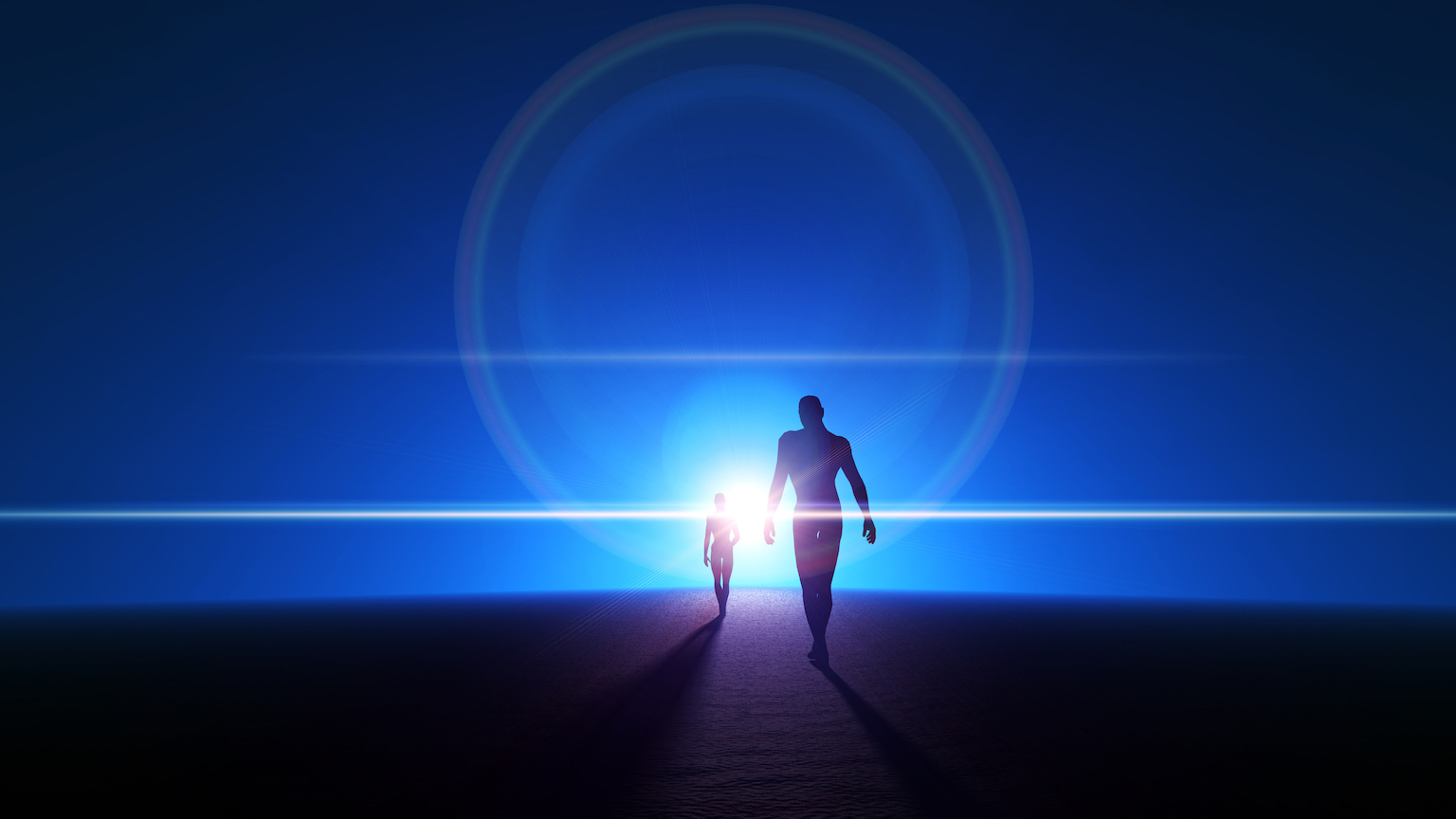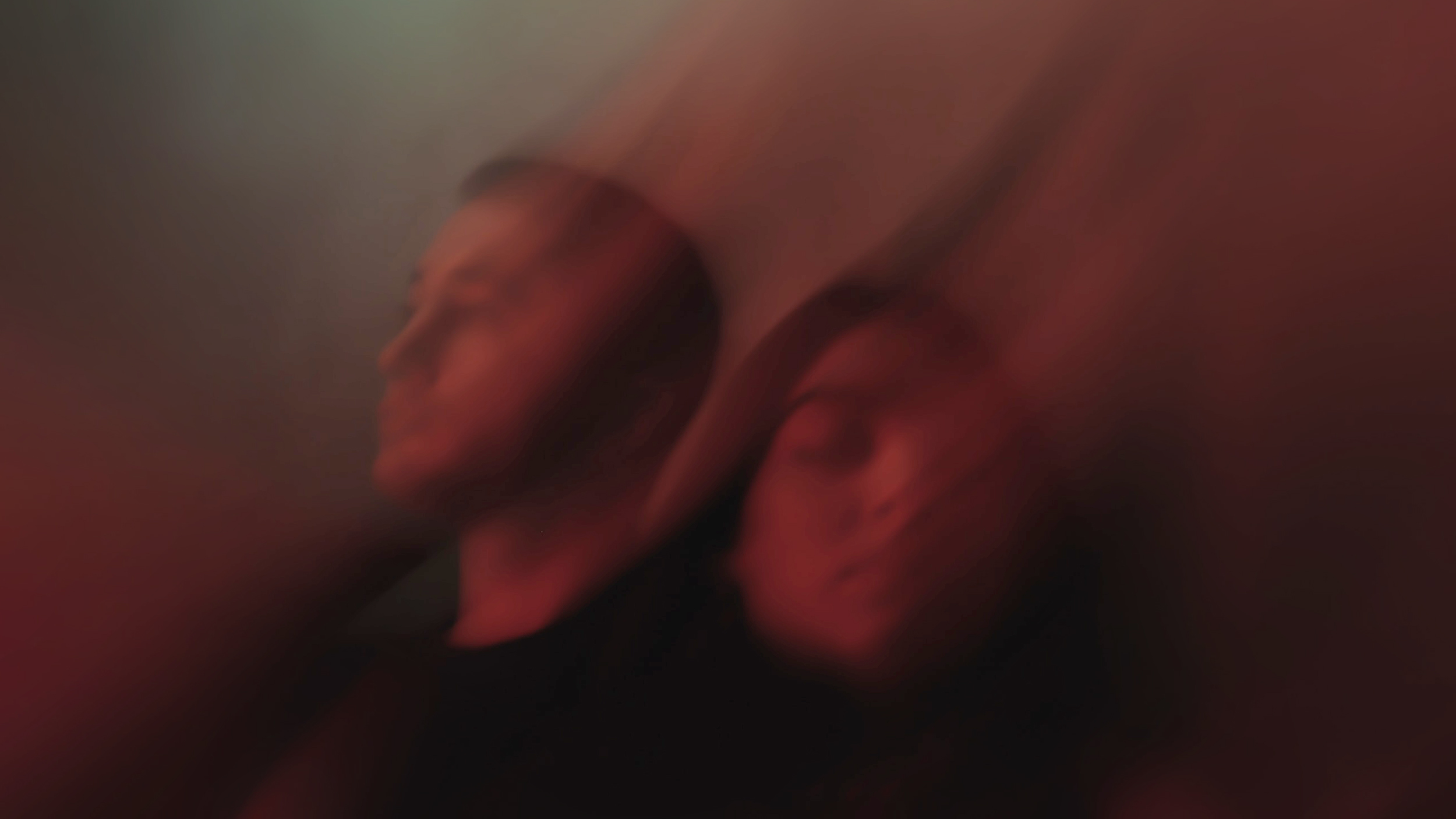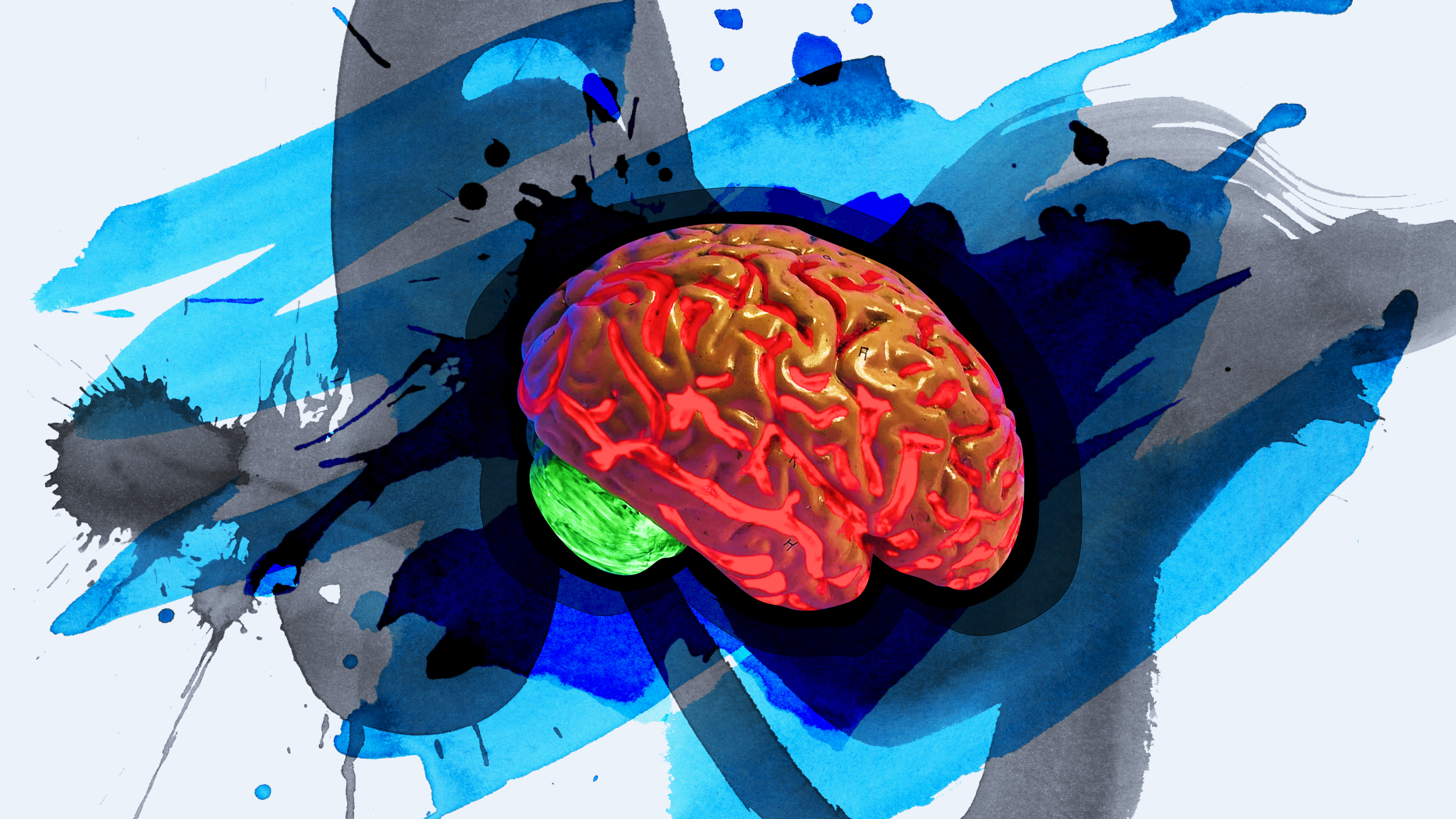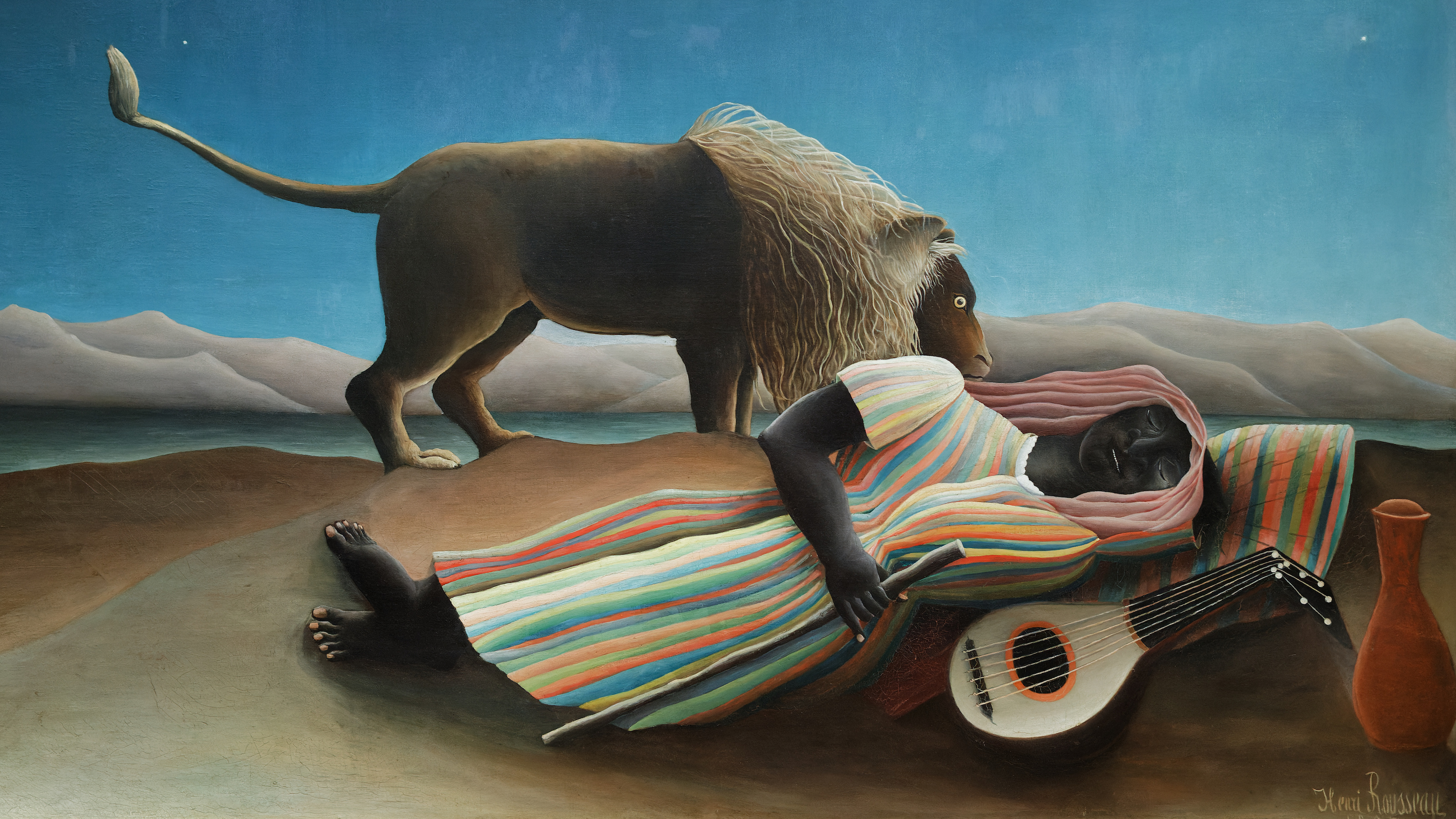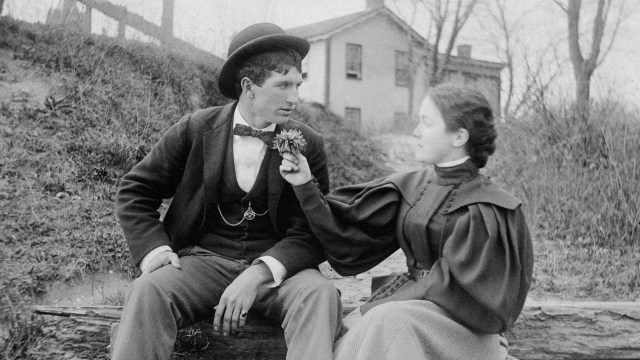Is a near-death experience like a DMT trip? One neurosurgeon experienced both

- Dr. Eben Alexander, a neurosurgeon, underwent a near-death experience while in a coma and subsequently went on a psychedelic trip after taking a powerful variant of DMT.
- Internally produced DMT is widely theorized to cause the near-death experience, so Alexander’s dual experiences could provide some intriguing, albeit anecdotal insights.
- Both DMT and a near-death experience evoked feelings of transcending time and space and glimpsing the multiverse, while at the same time eliciting a sense of unity and love. But there were also profound differences.
In 2008, Dr. Eben Alexander contracted a rare case of bacterial meningitis. As the pathogen wracked his brain, causing it to swell and suffuse with pus, Alexander entered a deep coma. He was not expected to survive. But live he did, and with a tale to tell. For in Alexander’s stricken state, he underwent a near-death experience, a profound out-of-body event. Four years later, the neurosurgeon detailed it in a best-selling book.
“I had no real center of consciousness,” he wrote. “I didn’t know who or what I was or even if I was. I was simply… there, a singular awareness in the midst of a soupy, dark, muddy nothingness…”
More recently, Alexander’s popular account of his near-death experience attracted the attention of Pascal Michael, a PhD student in psychology at the University of Greenwich. Michael met Alexander after seeing him speak at an academic conference and was informed that Alexander had experimented with 5-MeO-DMT, a psychedelic closely related to DMT, secreted from the glands of the Colorado River toad.
NDE vs. DMT
As Michael’s current academic focus is on comparing the psychedelic experience with the near-death experience, he was intrigued. It’s widely theorized that the psychedelic drug N,N-dimethyltryptamine, more commonly known as DMT, could cause the near-death experience, since the brain might be flooded with it as we approach the moment of death. DMT, after all, is produced in the body and is present in cerebrospinal fluid in small amounts.
Michael reasoned that having undergone both a near-death experience and a DMT psychedelic trip, a rare coincidence, Alexander could provide a fascinating anecdotal comparison of the two events. Michael interviewed Alexander in November 2019 and subsequently wrote a scientific paper on what he gleaned from it. The article was published in the journal Frontiers in Psychology.
In the interview, Michael asked Alexander to deeply describe both experiences. Per Alexander’s recollections, both evoked feelings of transcending time and space and glimpsing the multiverse, while at the same time eliciting a sense of unity with his surroundings, as well as a profound — almost divine — love for everything and everyone.
The most vital similarity between Alexander’s near-death experience and his 5-MeO-DMT trip was “ego death,” the dissolution of his sense of self. “The annihilation, though temporary, of the sense of one’s individuated self and all of its concomitant autobiographical memories often gives rise to an experience of being a ‘cosmic being,'” Michael explained. This, he noted, is key to the psychedelic-induced mystical experience and any potential benefits extracted from it.
Alexander also described many differences between the two events, avowing that during his near-death experience he came across both menacing and divine beings, and even briefly ventured to another world. At one point, he also passed through an “abyssal emptiness and yet suffused with nurturing light” and came upon a “threshold” which a feminine entity prevented him from crossing.
Due to these dissimilarities, and the fact that, at least for him, the near-death experience vastly surpassed that of the psychedelic, Alexander does not ascribe to the theory that DMT causes near-death experiences, preferring a transcendental explanation – that he briefly glimpsed some form of afterlife.
“[The 5MeO was] like looking through a little peephole, as opposed to being full-bore swimming and being immersed in the Pacific ocean of being completely into that oneness experience [of the NDE],” he told Michael.
Michael notes, however, that all the contrasting moments in Alexander’s near-death experience are broadly characteristic of DMT psychedelic trips. So Alexander’s episode by no means disproves the broader theory that near-death experiences could be caused by the body’s internally produced psychedelic compounds. Nor does it confirm it.
